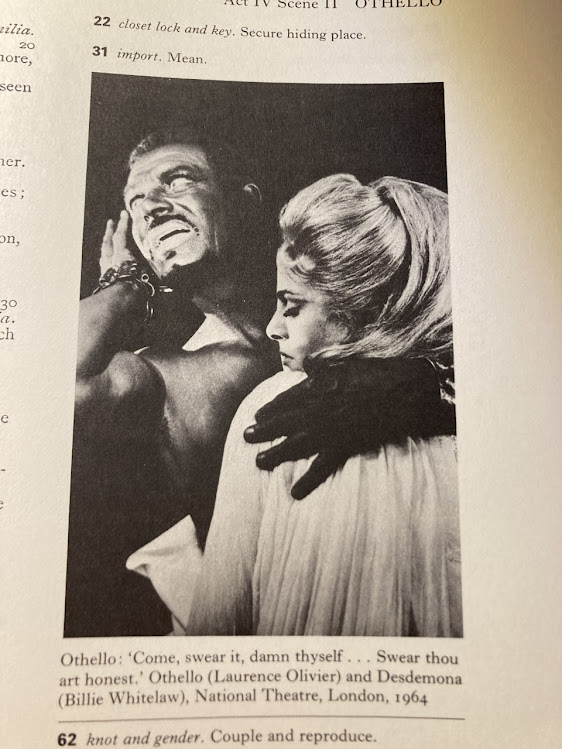-Shylock
The Merchant of Venice
Act III, Scene i,
Line 60
Well here’s a treat. We’ve happened upon a
really famous, really great, line. If you prick us do we not bleed? Now,
as usual it’s part of a much longer speech, and I’m tempted to give you the
whole thing. It’s about 25 lines long. Hmmmm. One reason I should is that it
shows (at least in my opinion), that Will is seeing both sides of this story
and not writing an anti-Semitic work. Another reason is that a lot (most) of
Shakespeare’s oft quoted lines are part of a bigger speech and really need the
context. That may not particularly be an issue here, but anyway, here goes.
Shylock’s speech is in response to
Salarino’s question- Why, I am sure, if
he (Antonio) forfeit, thou wilt not
take his flesh: what’s that good for?
And Shylock replies-
To bait fish withal: if it
will feed nothing else, it will feed my revenge. He hath disgraced me, and hinder’d
me half a million; laught at my losses, mockt at my gains, scorn’d my nation,
thwarted my bargains, cooled my friends, heated mine enemies: and what’s his
reason? I am a Jew. Hath not a Jew eyes? Hath not a Jew hands, organs,
dimensions, senses, affections, passions? Fed with the same food, hurt with the
same weapons, subject to the same diseases, heal’d by the same means, warm’d
and cool’d by the same winter and summer, as a Christian is? If you prick us,
do we not bleed? If you tickle us, do we not laugh? If you poison us, do we not
die? And if you wrong us, shall we not revenge? If we are like you in the rest,
we will resemble you in that. If a Jew wrong a Christian, what is his humility?
Revenge: if a Christian wrong a Jew, what should his sufferance be by Christian
example? Why, revenge. The villainy you teach me, I will execute; and it shall
go hard but I will better the instruction.
There, that’s the whole thing. Don’t you
feel better for having read it? At the very least, the next time you hear if you prick us, do we not bleed ? you’ll have a fuller understanding of what’s
being said. In fact, you’ll probably have a better understanding than the
person that’s saying it.
As far as what exactly is in those lines? Well there's just a ton to unpack there, and if I started we'd still be here days, and pages and pages, from now. So let's just say there's a lot there, and we can each read, and think about a bit. Okay?












